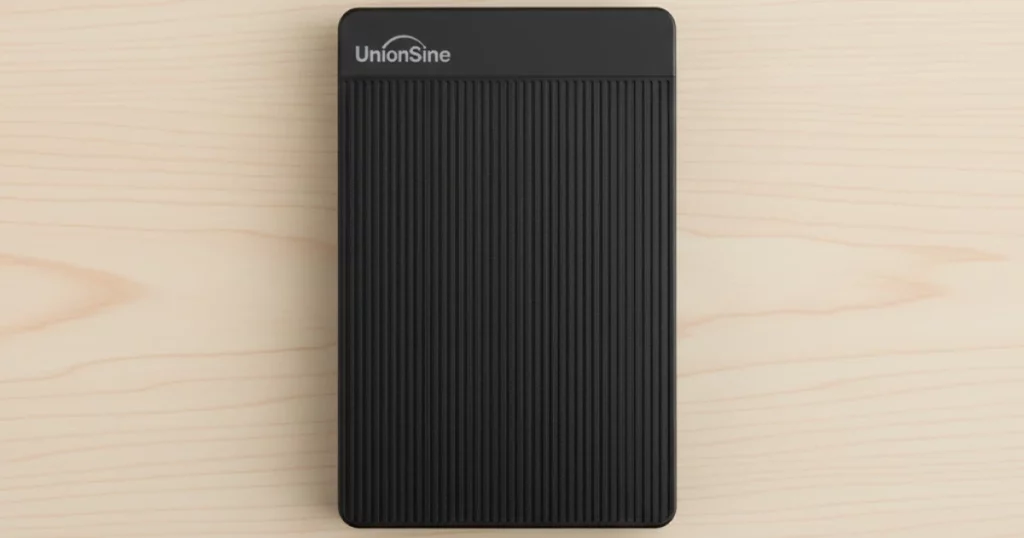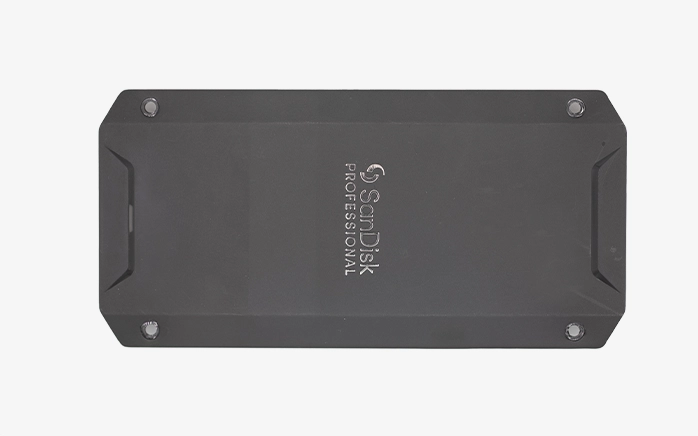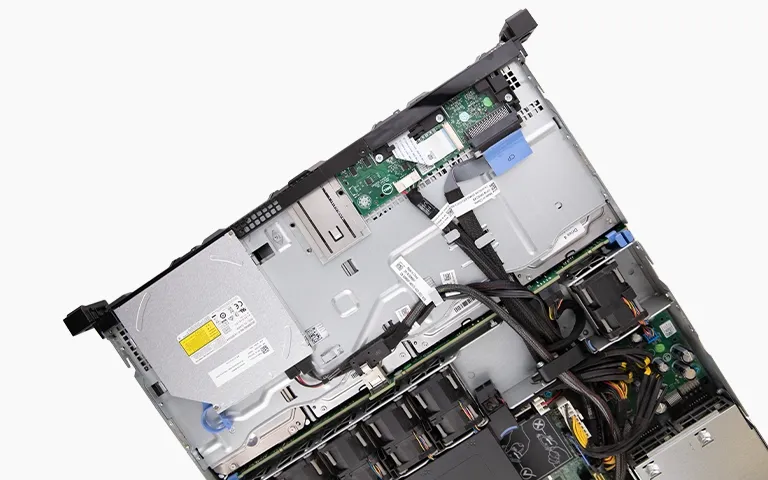At PITS Data Recovery, we often handle complex cases where typical recovery software can’t help. One such case involved a popular Western Digital My Passport external hard drive that had suddenly become inaccessible. While the client could still see folders, every attempt to open a file failed. Contained on the drive were years of family photos, scanned legal documents, and work materials.
After reviewing our recovery process and success rates online, the client submitted their drive for a professional evaluation. Our diagnostics revealed two critical issues: a firmware-level failure and built-in hardware encryption.
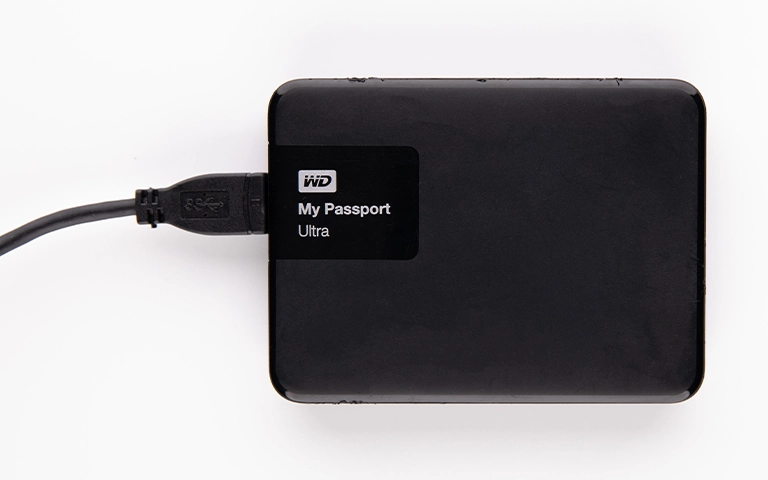
The Widespread Use and Risks of WD Drives
The WD My Passport series is among the most widely used external hard drives in the world. Their compact design, generous capacity, and plug-and-play functionality make them ideal for casual and professional users alike.
However, industry data shows:
- WD holds over 20% of the external HDD market
- WD My Passport is one of the top 3 external drive models used by consumers
- Around 12% of failed drives submitted to labs are WD drives
- Up to 40% of WD drives include SED encryption, often enabled without the user’s knowledge
These drives are efficient but when they fail, recovery is often more complex than expected.
Initial Evaluation: Firmware Corruption in the Service Area
Once we received the drive, our engineers began diagnostics using secure imaging and firmware tools. The drive would power up, but user data could not be accessed. We soon identified the root cause: corruption in the Service Area (SA) a hidden zone on the disk platter that contains the firmware necessary for the drive to function.
The SA had suffered wear over time, leading to unreadable firmware modules like the translator and defect tables. Without these, the drive couldn’t properly locate file structures, even though the raw data remained on the platters.
Unlike surface-level file system damage, this type of firmware corruption requires tools like PC-3000 UDMA, which we used to rebuild the missing or damaged firmware components.
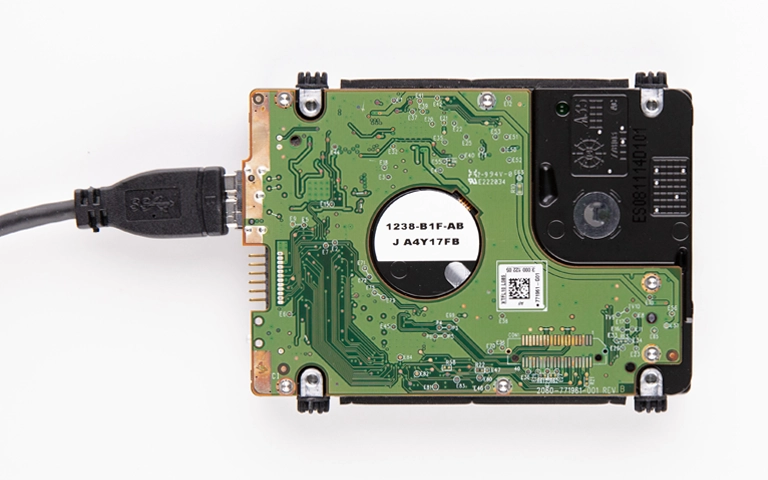
Get a Free Consultation.
Our recovery experts are ready to assess your device and guide you through the safest path to recovery. Fill out the form to get started.
"*" indicates required fields
Cleanroom Handling and Drive Stabilization
Before attempting any repairs, we opened the drive in our ISO Class 100 cleanroom. This controlled environment ensured that sensitive internal components like the read/write heads and platters were not exposed to dust or static.
Our inspection showed no mechanical issues, which allowed us to proceed with firmware recovery and decryption.
SED Encryption: The Hidden Barrier
Even with the firmware repaired, the user’s data still appeared scrambled. This was due to Self-Encrypting Drive (SED) technology, a hardware-based encryption layer integrated into the Western Digital My Passport’s USB bridge controller.
The client had never set a password, but the encryption was active by default. With SED, all data is encrypted before being written to the platters meaning traditional recovery tools can only read encrypted (unusable) sectors.
To resolve this, we sourced a compatible donor USB-SATA bridge and performed a secure unlock operation using proprietary SED decryption tools. This step is delicate and cannot be completed without specialized knowledge and hardware.
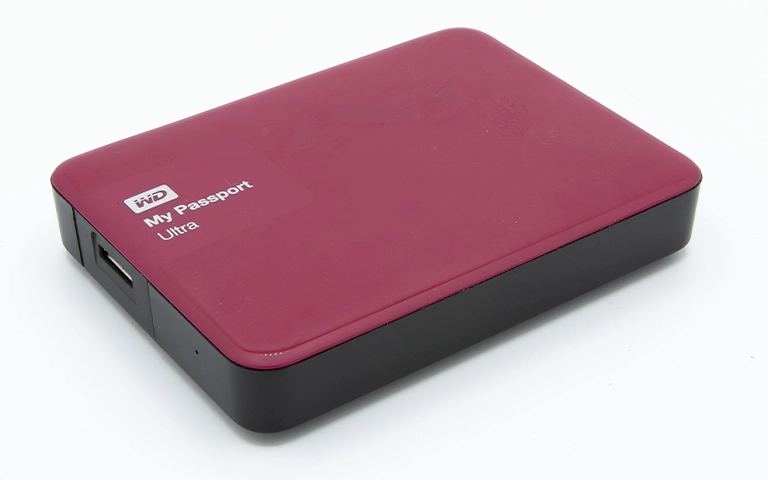
Safe Imaging and File System Recovery
With the drive decrypted and stable, we created a full clone using DeepSpar Disk Imager, which reads even weak sectors without further damaging the original media.
After imaging, our engineers reconstructed the FAT file system and manually verified file headers, directory structure, and data integrity. All critical files were intact and corruption-free.
File Verification and Secure Delivery
The client participated in a remote session to preview the recovered files. Once they confirmed everything was intact, we transferred the data to a brand-new encrypted external drive and shipped it securely.
We then wiped all temporary recovery data from our servers using military-grade erasure protocols, ensuring complete confidentiality.
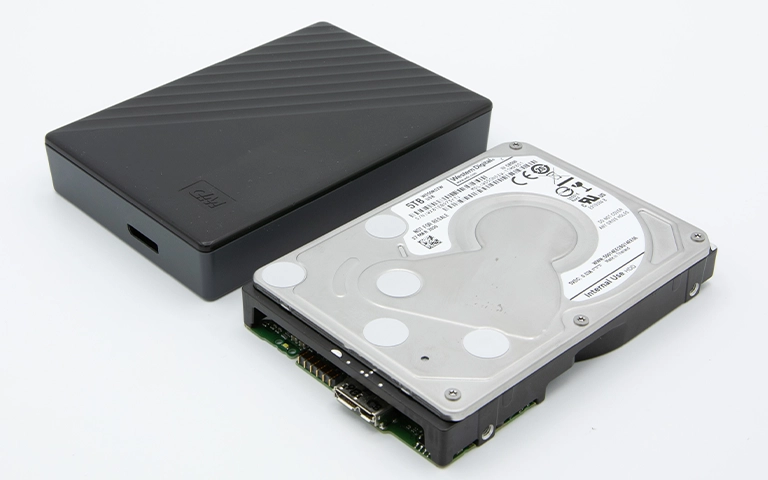
Why Choose PITS Data Recovery?
Many data recovery labs stop at file system recovery. Very few can handle deep firmware failures and hardware-encrypted devices like this one. At PITS, we’ve built our process around solving cases others can’t.
We maintain:
- A 99%+ recovery success rate for external drives
Cleanroom environments for safe physical handling
- PC-3000, DeepSpar, and exclusive SED unlock tools
Continuous engineer training in firmware and encryption recovery
Full compliance with HIPAA, GDPR, and NIST 800-88 security protocols
While our prices may be slightly higher than discount labs, it reflects the level of tools, talent, and safety we bring to every case.
Your Data Security Is Our Priority
Data privacy isn’t optional. It’s our commitment. Our secure recovery process ensures your sensitive information stays protected from start to finish.
HIPAA Compliant
GDPR Compliant
Secure Facility
NDA Available
Trust in certified security. Start your recovery today! Call Now: 888.611.0737
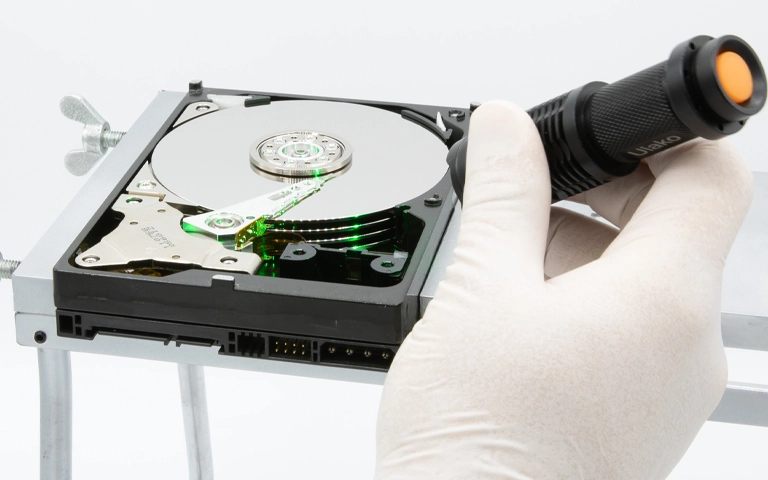
Final Result
After restoring the firmware and decrypting the hardware-encrypted data, we successfully recovered 100% of the client’s personal and professional files. The issue was traced to Service Area corruption from wear, combined with the hidden complexity of WD’s SED encryption layer.
What could have been a total data loss scenario was turned into a full success thanks to the right process, tools, and people.
What Our Customers Are Saying
Experiencing Similar Problems?
If your WD My Passport isn’t opening, or you suspect encryption or firmware failure:
- Call us today for a consultation
- Submit a case through our Request Help form
- Let our certified engineers recover your data- safely, securely, and successfully
Don't Let Data Loss Ruin Your Business
Minimize business disruption. We retrieve lost data fast, so you can focus on what matters.

